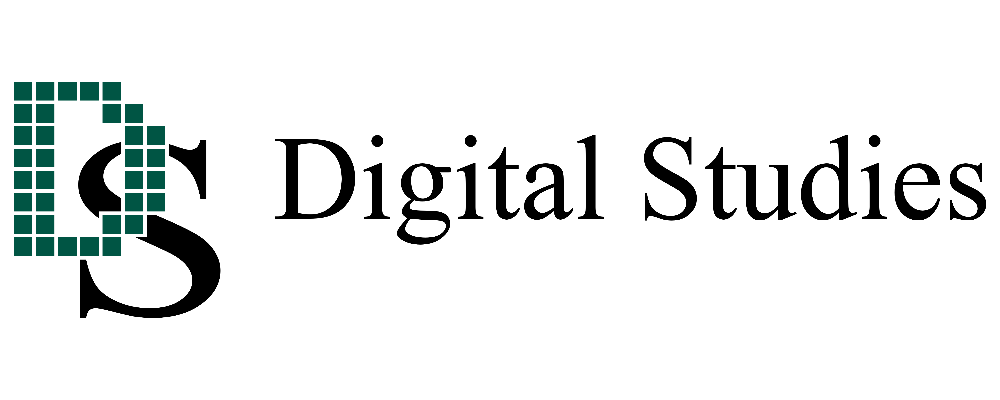The Digital Studies seminar aims at studying how digital technologies influence knowledge from an epistemological point of view, as well as how they affect every academic discipline (role of data analysis, visualization and simulation in sciences), in order to open an international public and scientific debate on the status of digital technology in contemporary and future societies, and to make emerge on the basis of this debate an international collective of exchange and contribution on digital studies.
Digital technology, as a new form of writing and access to writing (shaped, broadcasted and read thanks to automata functioning to the speed of light), constitutes an “intellectual technology” whose industrialization, automation and speed performances radically transform the conditions of the life of the mind in all its aspects: psycho-affective, economic, geopolitical, social, cultural, artistic, intellectual and scientific.
Every human society can be described as a regime of traces. Writing, whatever it is, is constituted by a limited set of traces and rules of combination of these traces: exteriorization and internalization of these traces constitute the material cultures of the life of the mind since the very origin of hominization. Current digitalization raises radical questions both regarding the becoming of human cerebral organizations and the becoming of sciences, both of which being irreducibly linked to a becoming of traceological technique.
Beyond these empirical effects, this upheaval calls into play the topics which have organized the question of knowledge both in the past – through philosophy and epistemology – and in more recent periods, especially through the varied cognitivist paradigms. That is why digital studies are not limited to the study of digital technologies: their generic object must be the study of intellectual techniques and technologies in general from the angle of their effects on knowledge in general. Such digital studies, or knowledge studies, assume that the study of knowledge is not soluble into the one of cognition, since all knowledge implies a technical artefactuality, in order to be both transmitted and transformed.
Therefore, all disciplines in all their dimensions are affected by the question of the status that can be granted to the technique on human becoming, and on the becoming of knowledge through which the human can know something on himself, and on what, without being himself, is its condition. The questions “imposed” by digitalization have been raised long before digitalization – even if it is in front of the radical experience of the traceological upheaval triggered by digitalization that these questions seem to become unavoidable.
Seminars
- March 25, 2014 : David Bates
Augmenting human intellect – thinking with machines after the war - September 16, 2014 : Harry Halpin and Yuk Hui
The hermeneutic future of the web: epistemic and epistemological stakes of social networks - October 7, 2014 : Antoinette Rouvroy and Bernard Stiegler
From the actual algorithmic governmentality to the new rule of law it needs - October 21, 2014 : Dominique Cardon and Denis Peschanski
History and democracy at the digital age - December 2, 2014 : Warren Sack and Frédéric Kaplan
Language, writing, automatism: Software Studies in front of linguistic capitalism - December 9, 2014 : Gerald Moore and Erich Hörl
Rethinking the humanities in the digital era: ecological and organological perspectives - January 13, 2015 : Jean Lassègue and David Bates
Reading Turing today - January 27th, 2015 : Giuseppe Longo and Nicolas de Warren
Reading Husserl’s Origin of Geometry
Useful information
The sessions take place in the Centre Pompidou (Salle Triangle) on Tuesdays afternoon.
Pflichtversicherte und freiwillig gesetzlich versicherte beschäftigte sowie ihre berücksichtigungsfähigen familienangehörigen sind ausschließlich auf die essay schreiben englisch ihnen zustehenden sachleistungen ihrer krankenkasse angewiesen.
